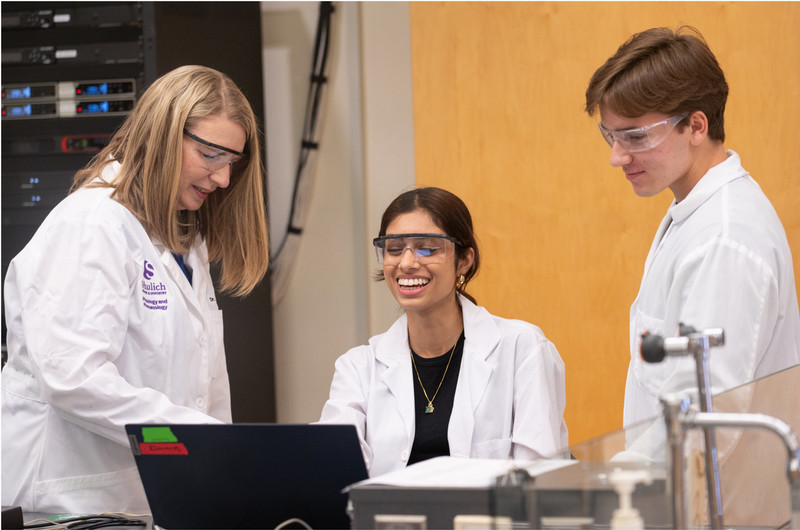Search Website

Neuroscience (MSc, PhD)
Our neuroscience graduate program will guide you to the boundaries of discovery. You'll work to develop groundbreaking research that drives progress in human health, and gain the expertise and experience needed to shape the future of neuroscience.
Neuroscience (MSc, PhD)
Our neuroscience graduate program will guide you to the boundaries of discovery. You'll work to develop groundbreaking research that drives progress in human health, and gain the expertise and experience needed to shape the future of neuroscience.
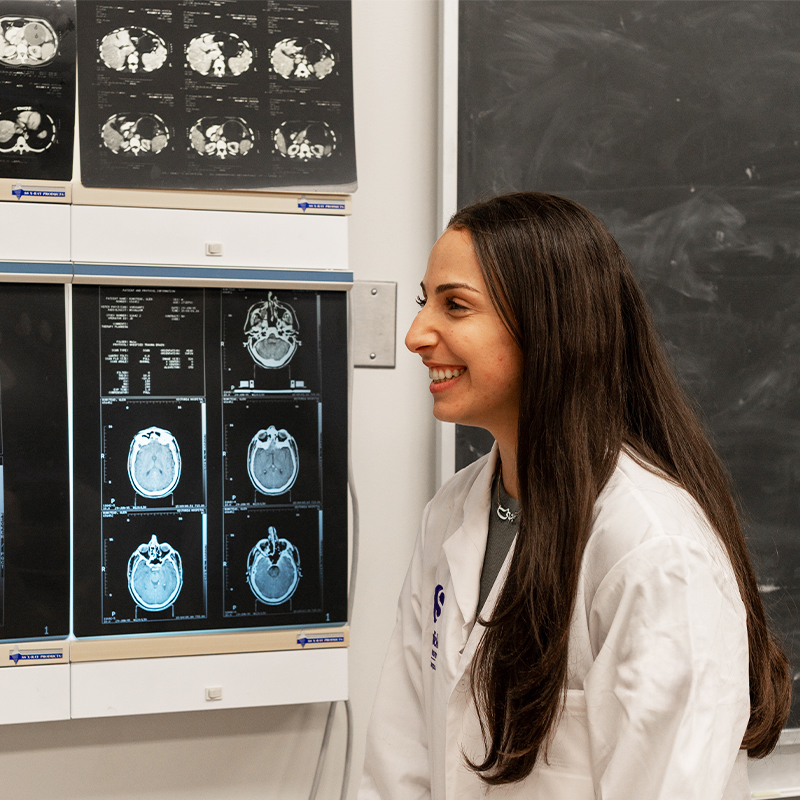
Neuroscience (MSc, PhD)
Our neuroscience graduate program will guide you to the boundaries of discovery. You'll work to develop groundbreaking research that drives progress in human health, and gain the expertise and experience needed to shape the future of neuroscience.
About the program
- Program name: Neuroscience
- Degree level: MSc, PhD
- Program duration, deadlines & requirements: See program details
- Contact: neuroscience@uwo.ca
- Website: Neuroscience graduate studies
Reasons to study
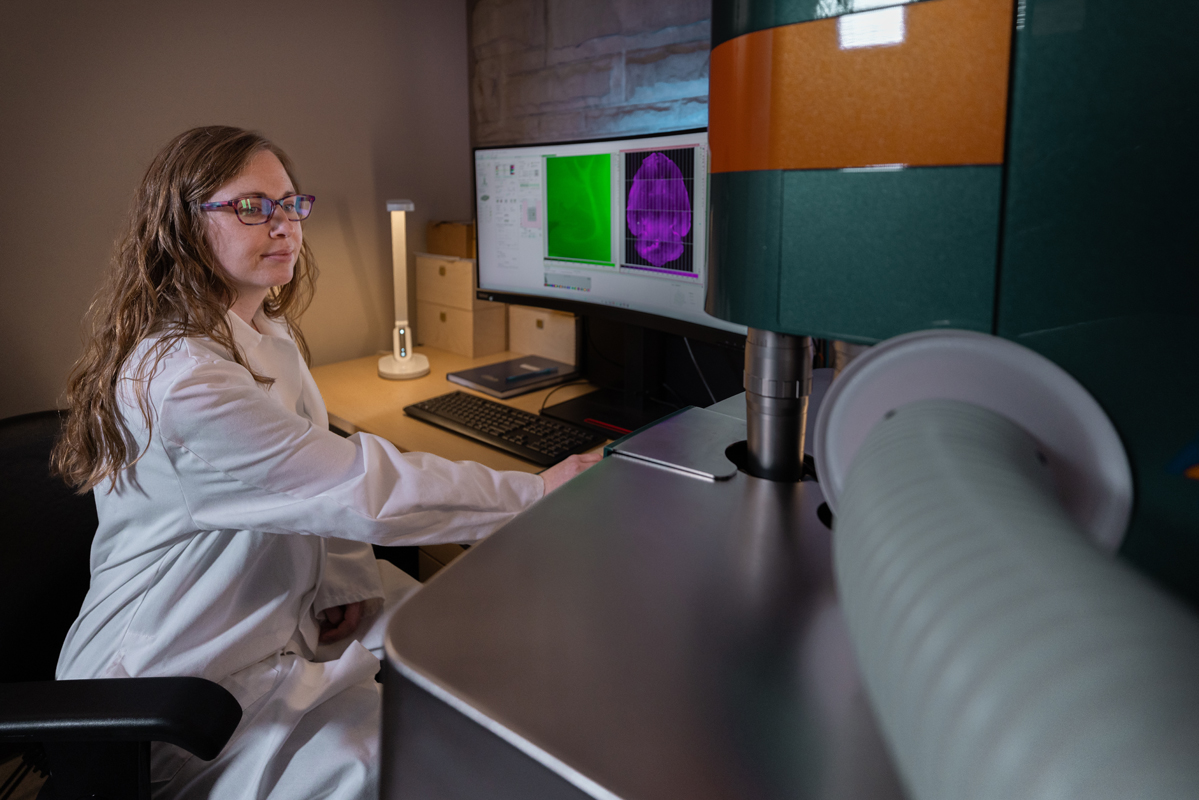
Understand brain function
Explore brain function and behaviour in health and disease. Deepen your interdisciplinary understanding of neuroscience using the methods of cellular and molecular biology, physiology, genetics, imaging, behavioural studies and experimental psychology.
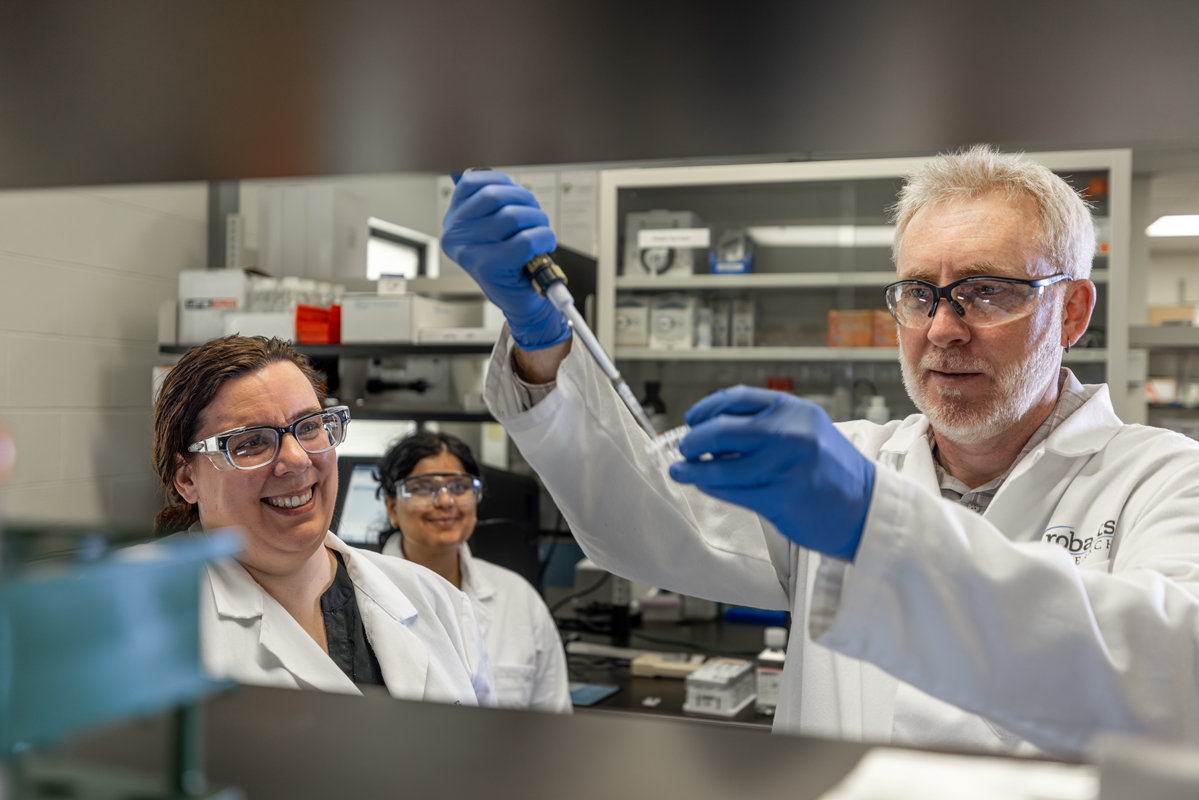
Exciting, impactful research
Work with a supervisor from a pool of more than 100 core program faculty members. Leverage their expertise and guidance to support existing scientific exploration or develop your own line of inquiry.
Fields of research
Click each field to learn about their subcategories and faculties.
Program details
Duration
Two years (thesis based)
Application deadlines
This program has rolling admission dates. Complete applications are reviewed as they are received. For fall 2026 entry:
- Application Open: November 1, 2025
Deadline (Extended): February 27, 2026
Important notes
- The application deadline has been extended for applicants with an interest in working with a Faculty Supervisor whose home department is within the Schulich School of Medicine & Dentistry, Faculty of Health Sciences, or Faculty of Science (Biology or Computer Science).
- If your intended supervisor is in the Department of Psychology or Department of Mathematics, your application must have been submitted no later than January 9, 2026.
Requirements
- Educational background: Four-year bachelor’s degree (honours preferred).
- Grade requirement: Minimum academic average of 80% during the final two years. This is equivalent to a high second class standing at some universities.
- Learners from multiple disciplines will be considered for admission.
Finding a supervisor
A supervisor’s acceptance is required for admission.
Duration
Four years (thesis based)
Application deadlines
This program has rolling admission dates. Complete applications are reviewed as they are received. For fall 2026 entry:
- Application Open: November 1, 2025
Deadline (Extended): February 27, 2026
Important notes
- The application deadline has been extended for applicants with an interest in working with a Faculty Supervisor whose home department is within the Schulich School of Medicine & Dentistry, Faculty of Health Sciences, or Faculty of Science (Biology or Computer Science).
- If your intended supervisor is in the Department of Psychology or Department of Mathematics, your application must have been submitted no later than January 9, 2026.
Requirements
- Educational background: Master’s degree in neuroscience or related field with a strong research component, or an MD, DDS or DVS degree with some specialization in neuroscience.
- Grade requirement: Minimum academic average of 80% during the final two years of the undergraduate program. This is equivalent to a high second class standing at some universities.
- You'll need a degree from a recognized university to be admitted directly into the PhD program, otherwise you must first be admitted to the MSc program. After 18 months, with strong progress and evidence of a project that can be developed into a PhD these, you may be able to transfer into the PhD program.
Finding a supervisor
A supervisor’s acceptance is required for admission.
Apply now via Western's School of Graduate and Postdoctoral Studies
Plan your finances
What it costs
Expenses usually include tuition, fees, housing, food, and other necessities.
Find your tuition and fees in the fee schedules available through the Office of the Registrar.
Support available
As a thesis-based graduate learner, you may be eligible to receive funding.
Check out the funding package for the Neuroscience program.
Plan ahead
Use the Graduate Student Affordability Calculator to estimate how much money you will need to pay for your tuition, fees, housing, food, and other necessities for a 12-month (three term) academic year.
Career resources & opportunities
Own Your Future
Upskilling graduates for success
Internship Program

After graduation
With a graduate degree in Neuroscience, you can pursue a career in research in academia, in a health-related field, in government, or in the private sector.
Our graduates go on to be professors, research scientists, physicians, veterinarians, dentists, physical or occupational therapists, optometrists. Some have pursued their MBA, or careers in pharmaceutical research or sales, law, regulatory affairs, consultancy, software development, hospital administration, medical writing, public health, non-profit and teaching.
In their words
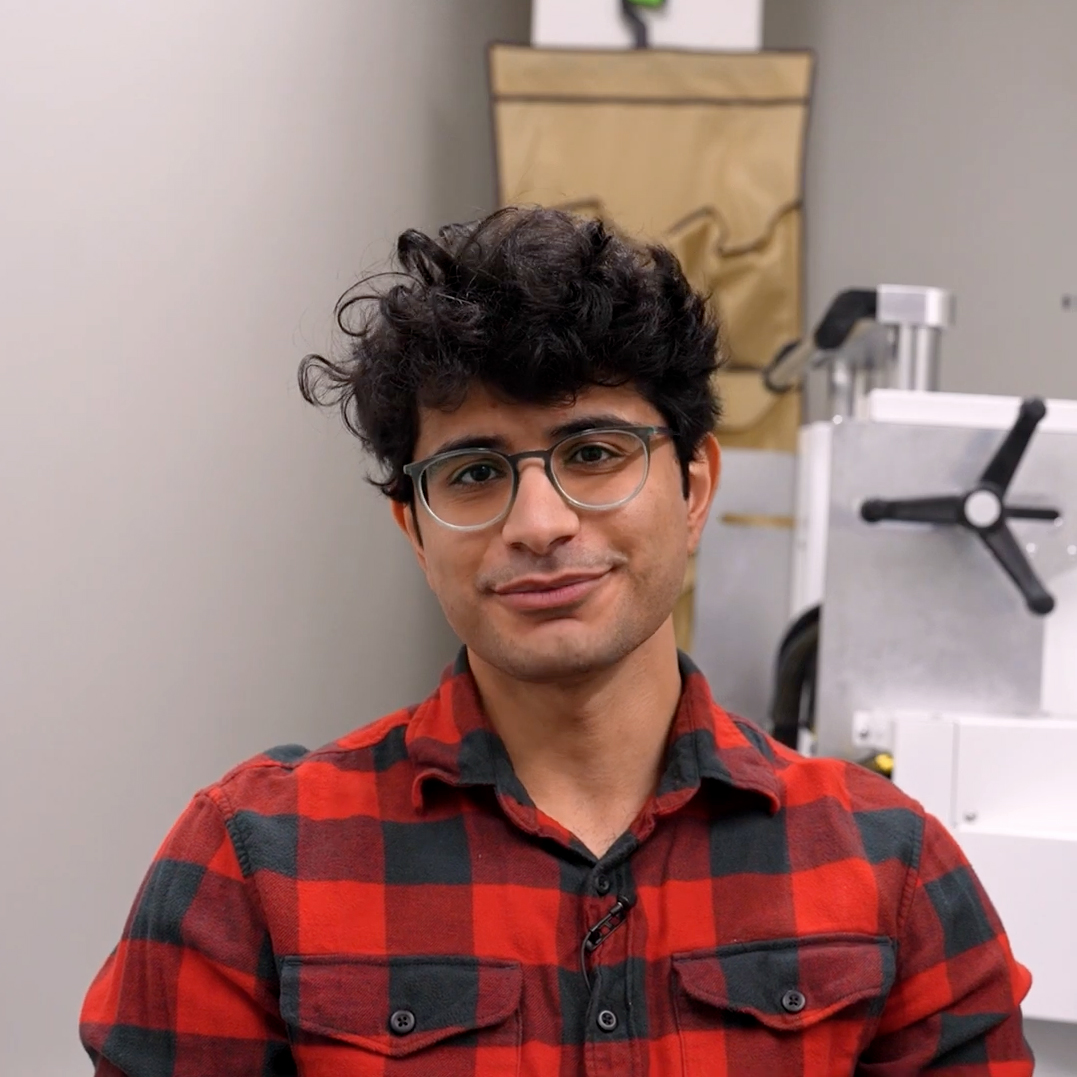
Mehrdad Kashefi, PhD Candidate, Neuroscience
Study at the frontier of medicine and science
Have questions? Connect with us!
Susan Simpson
Senior Program Coordinator
susan.simpson@schulich.uwo.ca
Your life at Western
Campus life
Connect, explore, and thrive on our close-knit campus.
Campus tours
Campus tours are available for anyone interested in attending Western.
About London, Ontario
Discover all that Western and London have to offer.
